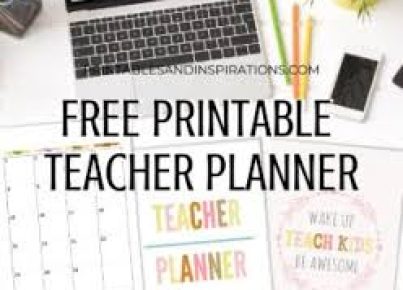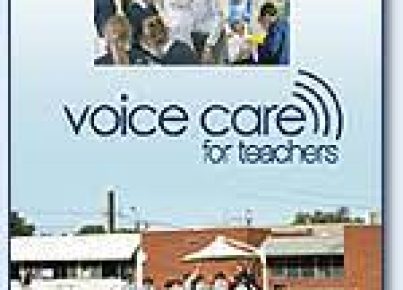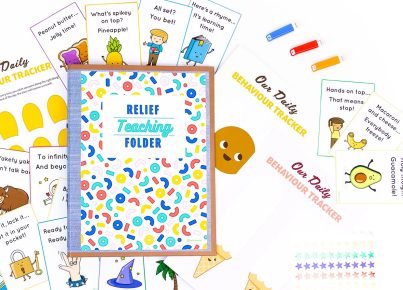Introduction:
Traveling can be an enriching experience for anyone, but for teachers, it can also provide valuable insights and lessons that they can bring back to their classrooms. Here are 11 ways teachers use their travel experiences to enhance their teaching and engage their students.
1. Cultural Exchange:
Teachers can use their experiences to create a cultural exchange in the classroom by sharing stories, photos, and artifacts from their trips. This can help students gain an appreciation and understanding of different cultures and customs.
2. Language Learning:
Those who visit countries where another language is spoken can return to the classroom with new vocabulary and phrases. Teachers can incorporate these into their language lessons to help students improve their listening, speaking, reading, and writing skills.
3. Connecting with Nature:
Teachers who visit natural environments like rainforests or deserts can bring back examples of unique flora and fauna to share with students, improving their understanding of biodiversity and fostering respect for the environment.
4. Historical Perspectives:
Trips to historical sites provide valuable context for teaching about different time periods and events. Teachers can return with firsthand knowledge of the places they visited, making history come alive for their students.
5. Promoting Global Citizenship:
By sharing travel experiences, teachers can introduce students to global issues such as climate change, poverty, and human rights, encouraging empathy and fostering a sense of global citizenship.
6. Real-Life Examples in Science Lessons:
Travel experiences often present opportunities to witness scientific phenomena firsthand. Teachers can use these examples to enhance science lessons by providing real-life experimentation or observation data.
7. Incorporating Art from Around the World:
Participating in art workshops or visiting galleries while traveling offers teachers a chance to learn about different artistic techniques and styles they can bring back to the art classroom.
8. Math in Action:
Teachers can use their travel experiences to demonstrate how math works in real-world situations. Examples include currency conversions, time zone calculations, or distance measurements between locations.
9. Building Social Skills:
Traveling often requires collaboration and communication with others from diverse backgrounds. Teachers can share these experiences to help students develop vital social skills like teamwork, adaptability, and problem-solving.
10. Enriching Literature Lessons:
By visiting the birthplaces of famous writers or the settings for books, teachers can help their students make deeper connections to the literature they study.
11. Inspiring Creativity:
Teachers can inspire creativity in their students by sharing stories about their travels and encouraging them to think about new ways of experiencing the world. This can lead to more innovative thought processes and engagement in the classroom.
Conclusion:
Incorporating travel experiences into classroom teaching offers countless benefits for both teachers and students. It can create a more engaging and dynamic learning environment, turning worldly adventures into lasting educational experiences for everyone involved.





